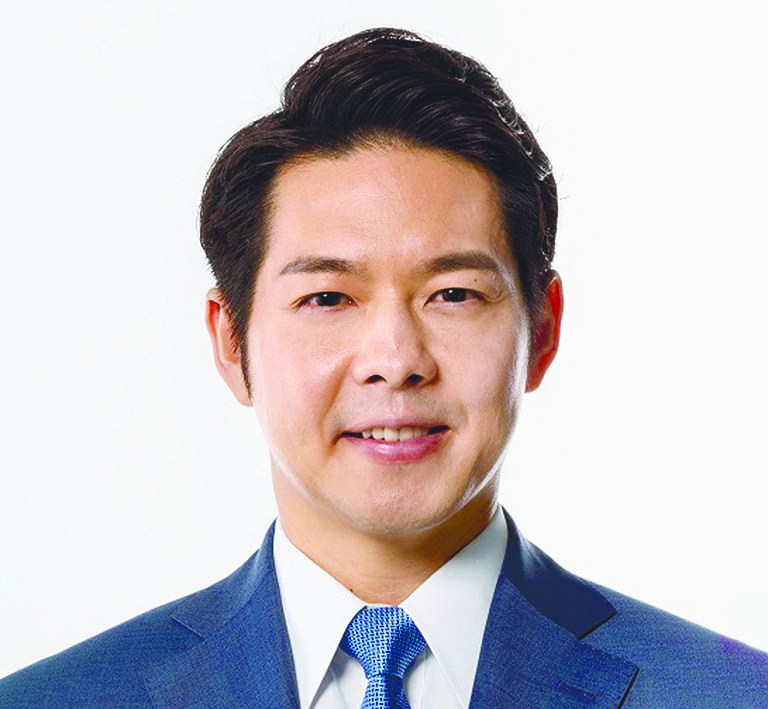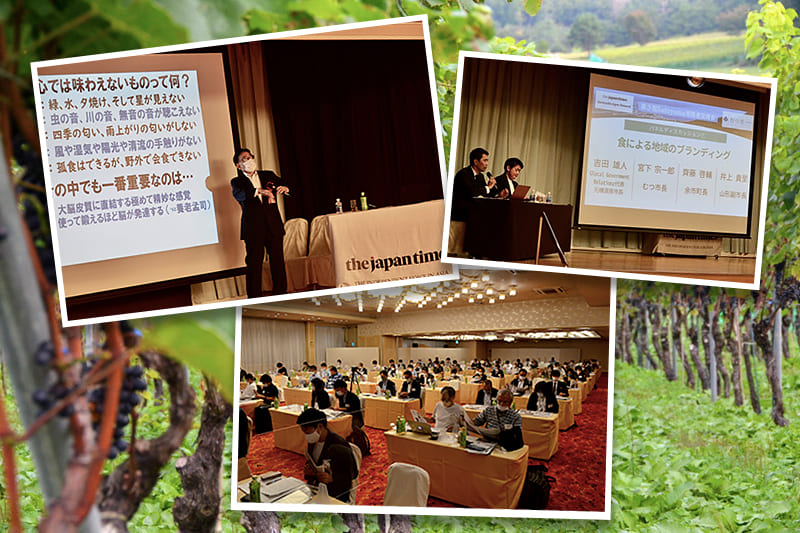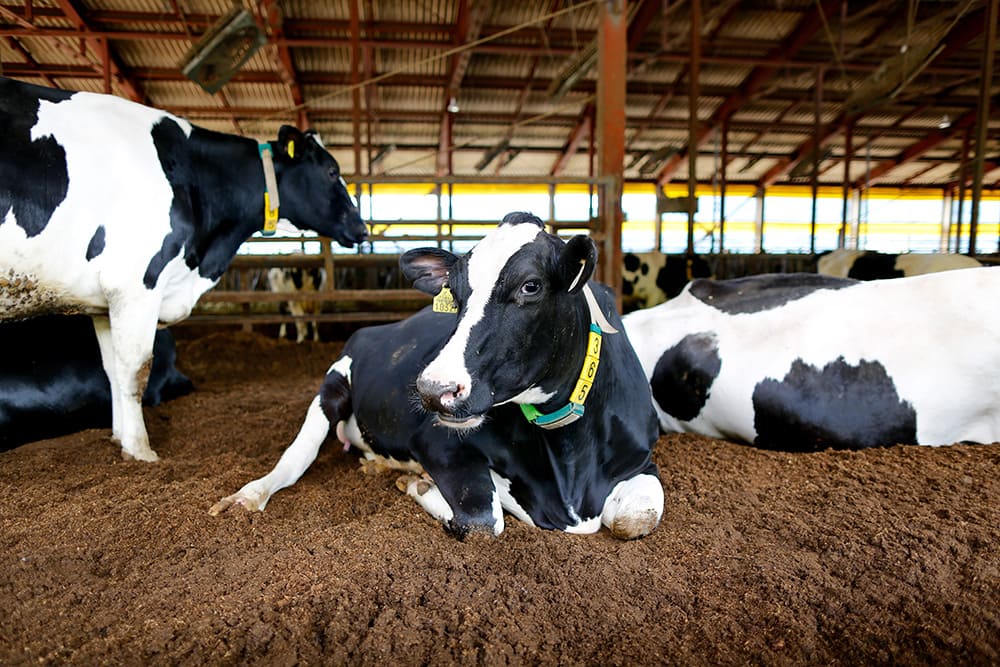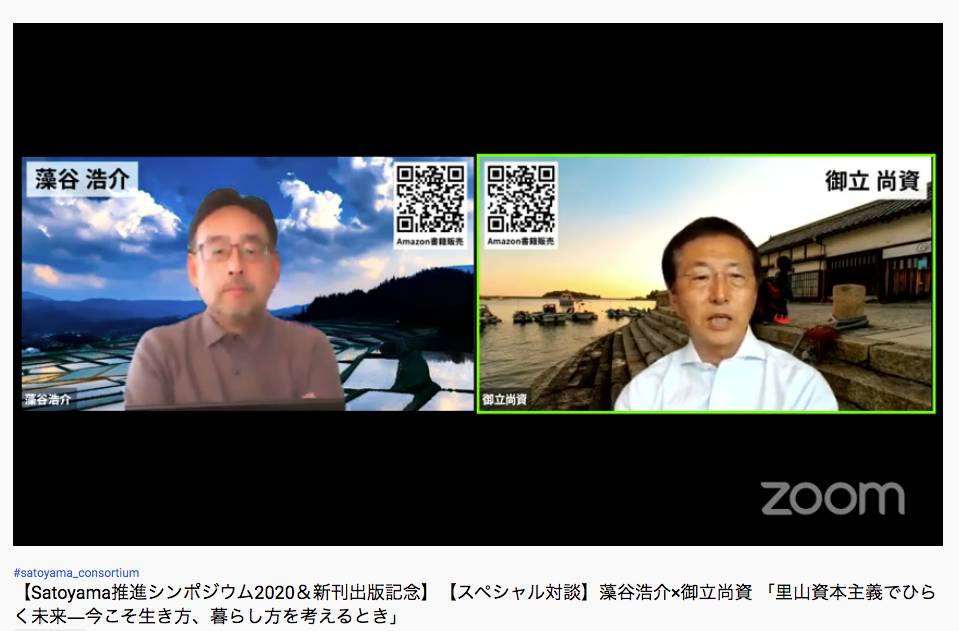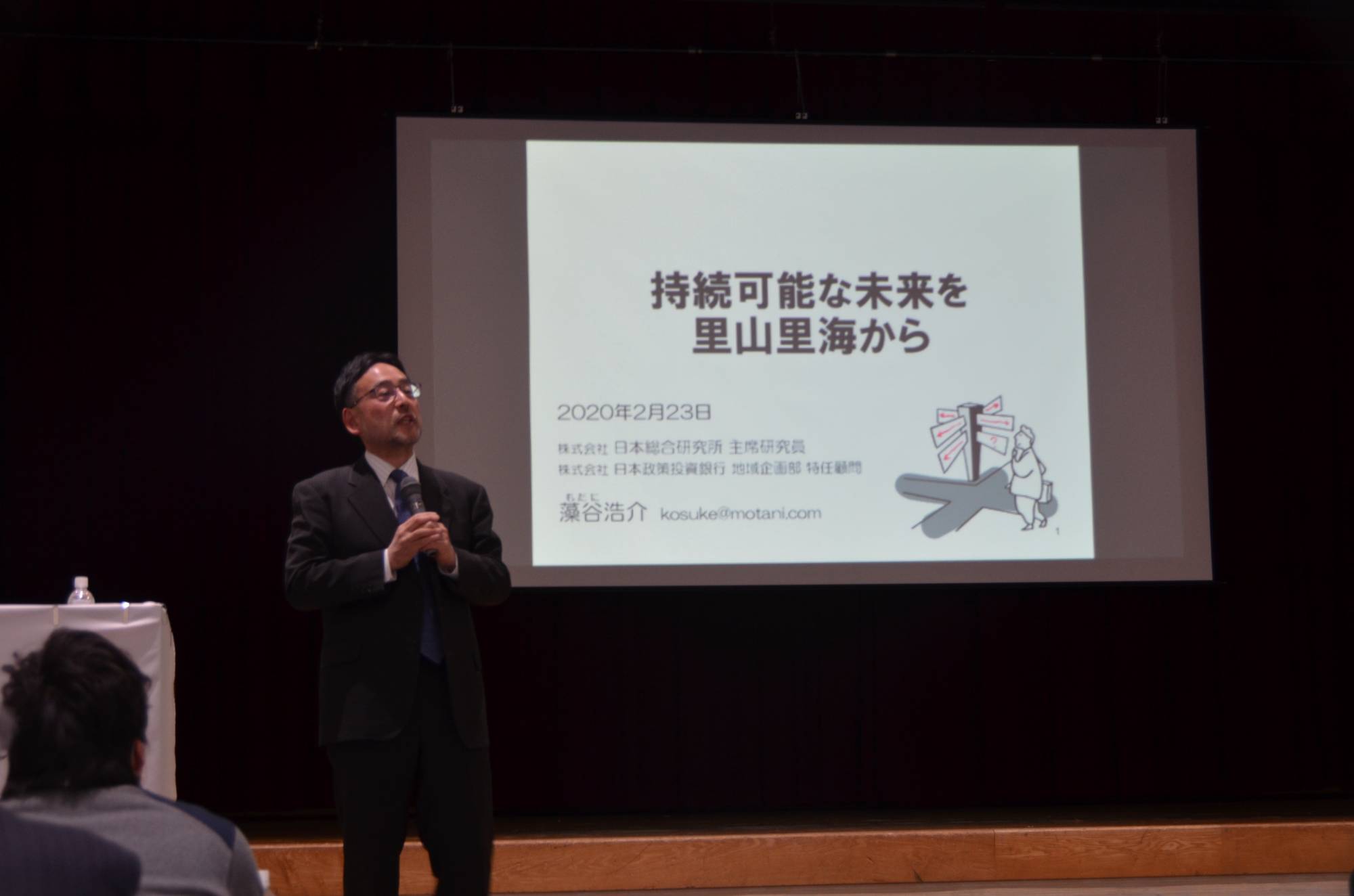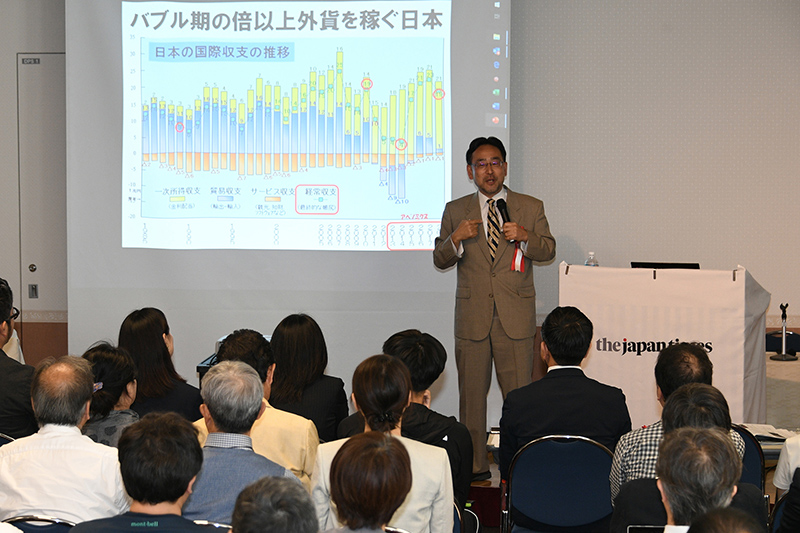September 09, 2024
Hokkaido’s potential to be transmitted globally in 5th satoyama event

Ahead of the fifth event to share insights and experiences about revitalizing rural economies through the sustainable use of resources, to be held in the Hokkaido town of Yoichi, Kosuke Motani, the chief senior economist at the Japan Research Institute Ltd. and an adviser to The Japan Times’ Sustainable Japan Network, spoke to The Japan Times about the significance of this annual event and what he expects from this year’s meeting.
Motani has been a keynote speaker and moderator of panel sessions since the first event was held in the Hiroshima Prefecture town of Jinseki in 2018. “Among many of the events under similar themes, this event stands out as one of the few that gather truly diversified speakers and participants,” he said. He particularly values the fact that speakers consist of men and women of various generations and backgrounds who actually engage in hands-on activities to rejuvenate local communities, not just old men who dominate senior executive positions for regional promotion.
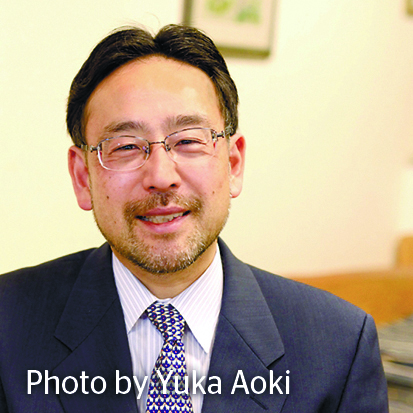
Senior researcher at the Japan Research Institute
“Another notable characteristic of the event is that it has been organized by The Japan Times, and the outcome of the event is transmitted globally,” he said, pointing out that being able to reach out directly to the world is hugely significant for Japan’s rural communities.
Motani said the world’s interest in Japan’s rural communities is growing. “There is an increasing demand for travel to uncrowded areas among the foreign tourists who have come to Japan after the pandemic. I feel this trend will continue,” he said. He also commented that an increasing number of Japanese have chosen to live in rural areas while working remotely.
New businesses are popping up in the countryside, and proving to be successful. “Up until several years ago, the typical way of launching a new business in a rural community was to copy a business model that had been successful in Tokyo, which didn’t always work,” he said. Recently, entrepreneurs in rural areas are starting businesses at scales and with methods that are different from those in urban areas, he added.
He said that the overpopulation of Tokyo is at an insane level even compared to other big cities around the world and that it is wrong to think businesses can only succeed through mass sales in metropolises.
He added that there is abundant potential in rural areas, and more and more people who pursue quality over quantity are finding value in a slower-paced lifestyle surrounded by nature.
Motani regrets that Hokkaido, the venue of this year’s event, is often labeled as a hinterland with depopulating communities. “The inhabitable areas of Hokkaido are actually more densely populated than those in many European countries,” he said, and so it should not be impossible for various industries and businesses to grow. “In fact, rice, wheat, livestock and dairy farming, fisheries, grape cultivation and winemaking are all doing well there. Thanks to its vast lands and high precipitation, Hokkaido is one of the several prefectures in Japan that are self-sufficient in food,” he said.
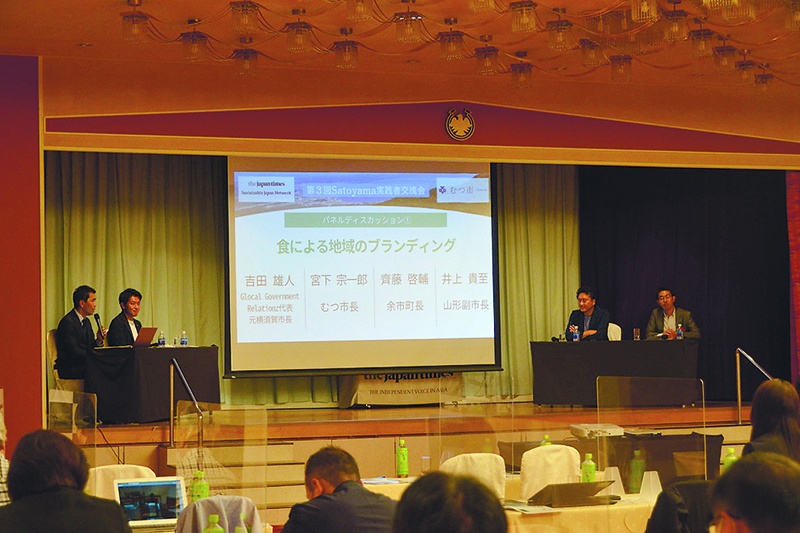
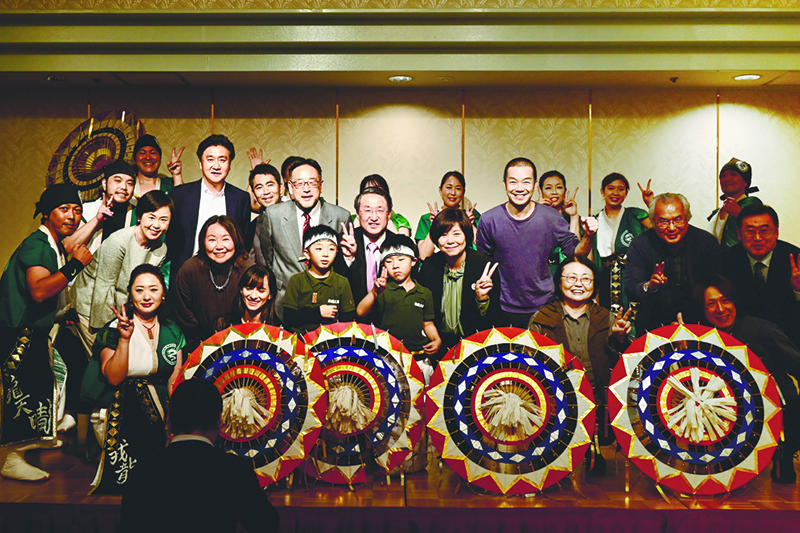
Hokkaido has the potential to be more than self-sufficient — the land is broad enough to produce feed for livestock farming across the country and the manure from its livestock can be used to increase agricultural production in a sustainable way, contributing to the improvement of the nation’s overall food self-sufficiency.
“There is also the potential to further enhance the value of what Hokkaido produces by improving the levels of processing and cooking. To promote such efforts, it is important to leverage the external demand from people visiting Hokkaido,” Motani said. He concluded his comments by expressing his hope that the focus of this year’s event, gastronomy tourism, would stir insightful discussions.
The Japan Times Sustainable Japan Networkは余市町と共催し、第5回 Satoyama実践者交流会を開催。
今回は『里山×インバウンド 〜北海道のポテンシャル〜』をテーマに藻谷浩介氏の基調講演やドメーヌ・タカヒコの曽我貴彦氏、余市町の齊藤啓輔町長、ニセコ町の片山健也町長などによるパネルディスカッション、また各地で地域全体の活性化に寄与する実践者、高校生のみなさんに里山や里海の視点からその活動や成果を共有いただく。
2018年に広島県神石町で第1回が開催されて以来、基調講演やパネルセッションのモデレーターを務める藻谷氏は、「多様なスピーカーや参加者が集まる数少ないイベント」で「その成果が世界に発信されることも大きな特徴」と話す。日本の地方社会に対する世界の関心が高まっており、地方で新しいビジネスが次々と生まれ、成功を収めていることにも触れ、地方には豊かな可能性があり、量より質を追求する人々が増えており、自然に囲まれたスローなライフスタイルに価値を見出す人が増えていると付け加えた。
今回の開催地、北海道については「米、小麦、畜産、酪農、漁業、ブドウ栽培、ワイン醸造などが盛ん。広大な土地と降水量の多さのおかげで、日本で食料自給率が高い県の一つ」であり、加えて、広大な土地では家畜の糞尿を利用して持続可能な方法で農業生産を増やすことができ、日本全体の食料自給率の向上に貢献することができる、と、その秘めた可能性にも触れた。今回の実践者交流会のテーマであるガストロノミーツーリズムについて、「加工や調理のレベルを向上させることで、北海道の生産物の価値をさらに高める可能性もあります。そうした取り組みを進めるためには、北海道を訪れる人々の外需を活用することが重要」と藻谷氏。示唆に富んだ議論が展開されることに期待を寄せる。

